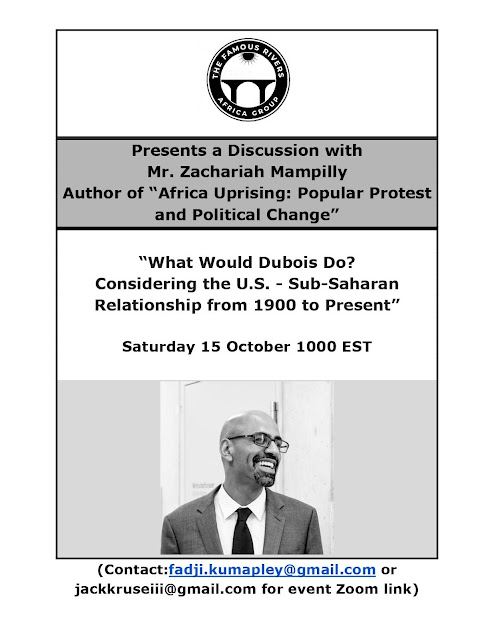NOTE: This session was held on 6 February.
A recording is available at our Facebook Group Page. Alternatively, members can contact Fadji or Jack for a link to the YouTube recording.
Tristan is a Senior Lecturer in the Department of National Security Affairs, School of International Graduate Studies, at the Naval Postgraduate School. Dr. Mabry came to NPS in 2009 from the Department of Government at Georgetown University. Previously, Dr. Mabry taught in the joint Peace and Conflict Studies Program at Bryn Mawr College and Haverford College. His first career was in journalism, as a writer and producer for CNN, and as a reporter for The Wall Street Journal. Dr. Mabry is a specialist in the comparative politics of nationalism, ethnic conflict, and identity politics across Eurasia, including Central, South and Southeast Asia. He is the author of Nationalism, Language and Muslim Exceptionalism, a comparative study of Muslim minority separatist movements based on field research in Iraq, Pakistan, India, Indonesia, the Philippines, and elsewhere. He is also the lead editor of Divided Nations and European Integration, a collected volume on the politics of regional integration affecting national communities separated by state borders. His work has appeared in a plethora of highly regarded journals. Dr. Mabry received his B.A. in Canada from McGill University; his M.Sc. (with Distinction) in the United Kingdom from the London School of Economics and Political Science; and his M.A. and Ph.D. in the United States from the University of Pennsylvania.
Discussion Questions:
- How do you define nationalism in the context of ethnic conflict?
- What parallels can be drawn from the manifestation of nationalism in the African context and what we are currently seeing happening at home?
- Could you please discuss the concept of identity in the 21st century and how modern technology and social media is being used to mobilize groups?
- I still vividly remember a map of the world you had in your ethnic conflict class in 2013. The continents on your map were sized, relative to their wealth. I believe the message you were trying to convey with the map was that inequality and relative deprivation can fuel nationalist movements. Fast forward to 2021, and with inequality reported to still be on the rise, what prognosis do you have when it comes to the occurence of violent nationalist movements?
- With the advent of widespread DNA testing (Ancestry.com 21 and met, etc..) a growing number of African Americans are looking towards Africa to reconnect with their lineage. In return, some African countries are also marketing themselves as an attractive destination for returnees (Ghana with the year of the return, Kenya etc...) How do you see this phenomenon playing out?
- Is Nationalism always a bad thing? If not, where has it been used productively? What are the ways that states have productively dealt with nationalism?
- How has violent nationalism been addressed and grievances addressed in other countries (e.g., in Africa, in Rwanda and other places)? What would resolution/reconciliation mean in the U.S. context (how is it different from the African conception of this)?
- As most of you know we created this group’s name based on a story Nelson Mandela told in several speeches where he shared this idea of having crossed famous rivers in his career and notably how he used these crossings to grow, absorb new ideas and renounce old ones. So as is customary with these sessions, we’d like to ask if you could share some of the famous rivers you’ve crossed in your career or life?





No comments:
Post a Comment